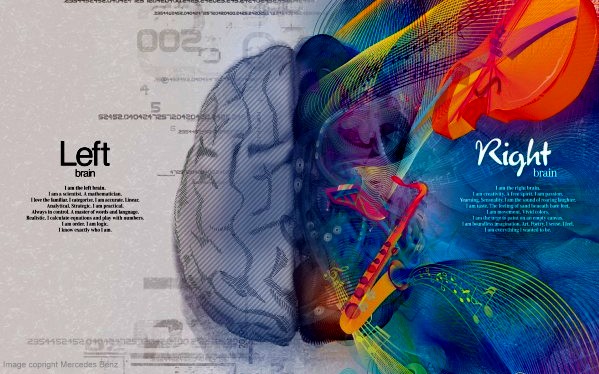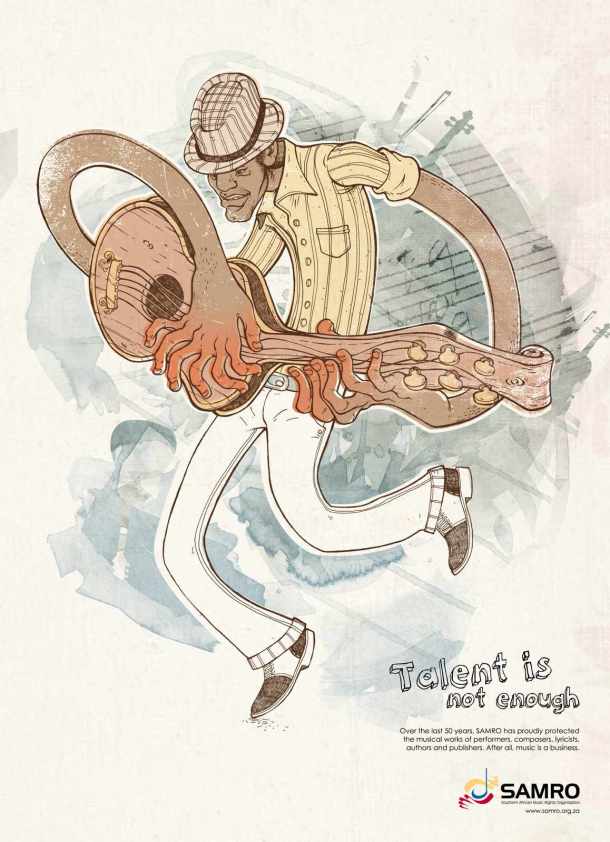“It is…submitted that the system of alienable copyright is not conducive for countries in Sub-Saharan Africa and cannot, unless the legislatures of these countries intervene, ever give rise to a sustainable, home-bred and poverty alleviating industry.” – JJ Baloyi, 2014.
This blogger has recently come across a compelling article titled “Demystifying the Role of Copyright as a Tool for Economic Development in Africa: Tackling the Harsh Effects of the Transferability Principle in Copyright Law” written by JJ Baloyi in the South African Potchefstroom Electronic Law Journal. A copy of the article is available here. The central argument in Baloyi’s article is that the transferability principle in copyright law has had the inadvertent effect of stifling copyright-based entrepreneurship, and thus economic development in Sub-Saharan African countries that inherited copyright laws from their erstwhile colonial masters, England or France.
This blogpost discusses Baloyi’s well-written article and examines its implications for Kenya especially in light of the possible solutions put forward to tackle the ‘harsh effects’ of the system of assignment under copyright within Africa.
Baloyi’s article asks the question why many Sub-Saharan African countries, though having copyright and related rights laws and though generally endowed with rich cultural resources, have not been able to realise significant economic development and growth from the economic exploitation of intellectual property (IP) works and legally-protectable expressions emanating from such resources. Baloyi, former General Counsel at SAMRO, attempts to answer this question with a focus on the music industry where he draws most of his insights, observations and experience.
The article submits that there are several sets of barriers hindering musical entrepreneurship in Africa including psychological barriers, barriers in relation to the business environment, barriers relating to external ability and barriers in relation to the influence of demographics.
On psychological barriers, the article starts by appreciating the stress and hard work involved in giving us great musical pieces that we, as society, have become accustomed to. In this regard, the copyright regime demands that musicians exert themselves through their skill, time and judgment in order to create works that are original originating from their own efforts rather than slavish copies of works produced by the efforts of others. Therefore the article submits that expecting musical artists to be entrepreneurs in addition to being creators, is requiring more than the ordinary from them! Nonetheless these creators should be encouraged to be entrepreneurs even though it is accepted that not all artists will be entrepreneurs, just as not all lawyers can be entrepreneurs, for instance! Therefore artists who surround themselves with good advisors, would only need to display an entrepreneurial mind-set and leave the entrepreneurial activities to others.

Still on psychological matters, the article argues that the possession of IP within an environment where there is a strong IP protection regime is a strong determinant of entrepreneurial growth aspirations. Therefore, ownership of copyright in such an environment should be a strong motivation for artists to be involved in entrepreneurial activities.
Regarding barriers in relation to the business environment, the article observes that the lack of social networks becomes crucial in two instances, firstly collaborations where an artist seeks to jointly author a musical work with artists endowed with different skills and secondly marketing where an artist decides to market his own musical works.
The article gives primary focus to the lack of resources which it maintains is the main difficulty experienced by artists in Africa in respect of securing funding for their music entrepreneurial endeavours. In this regard, the article observes that most authors of musical works find themselves with no option but to assign i.e. transfer ownership in, their copyright to music publishers under terms that are highly unfavourable to the authors. It follows that once these authors have accumulated enough savings over time (due to the barriers relating to demographics) to incorporate and market their own publishing and recording companies, they find it difficult to engage in entrepreneurial activities relating to their copyrights as these rights have long been assigned to others. This so-called “endless cycle” is the main problem Baloyi seeks to address through his article.
Therefore the article argues that the artists’ lack of resources necessary to engage in entrepreneurial activities vis-a-vis their copyright works denies them the enjoyment of the rent-creation benefits under copyright licensing whereby the copyright owner may grant either an exclusive or a non-exclusive license to a user, in exchange for payment or compensation. Therefore these licenses would be able to earn the artists (and their heirs in title) income in the nature of rents (i.e. royalties) for the duration of the copyright.

In light of the above, the article argues that Sub-Saharan African countries should develop its copyright laws to address concerns relating to the internal conditions and developmental needs of their countries. This article points out the examples of United States, Canada, the European Union and India which have moulded their copyright laws in light of their unique prevailing circumstances to produce home-grown solutions. In this regard, the article submits that beyond the minimum standards required in Berne and TRIPs, African nations can craft provisions that would safeguard the interests of their creators while not offending their international obligations.
The article is categorical that the dualist systems in common and civil law traditions of African countries result in the “endless cycle” where authors cannot exploit their copyright works as explained above. In this regard, the article refers favourably to the German system of author’s rights (a monist system) where the economic rights are seen as being interwoven with the moral rights and thus cannot be separated out, making them incapable of being assigned. The article argues that the monist concept of authors’ rights is consistent with the human rights approach to intellectual property rights espoused in South Africa and other Sub-Saharan African countries.
The legislative and policy solutions put forward in the article include, the use of reversionary provisions in copyright legislations, structuring music business contracts to safeguard the interests of artists and strengthening the role of collective management organisations (CMOs). In conclusion, Baloyi appeals to the legislatures in Sub-Saharan Africa to take advantage of the evolutionary nature of copyright and its changing paradigm internationally:-
“Rather than holding to the tenets of a system that has so far failed their countries, it would be responsible for the legislators of these countries to start thinking of those elements in other copyright systems that they can incorporate into their laws to unshackle their authors from the harsh effects of the transferability rule.”
